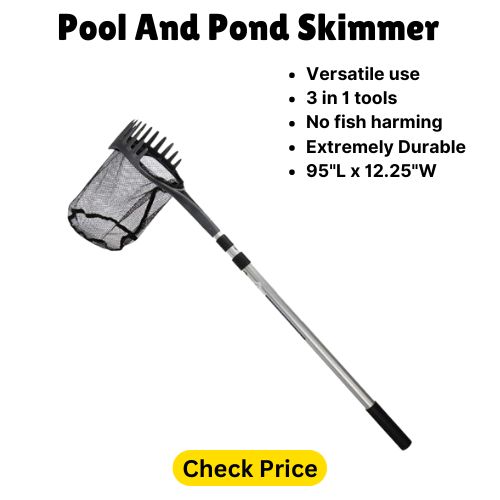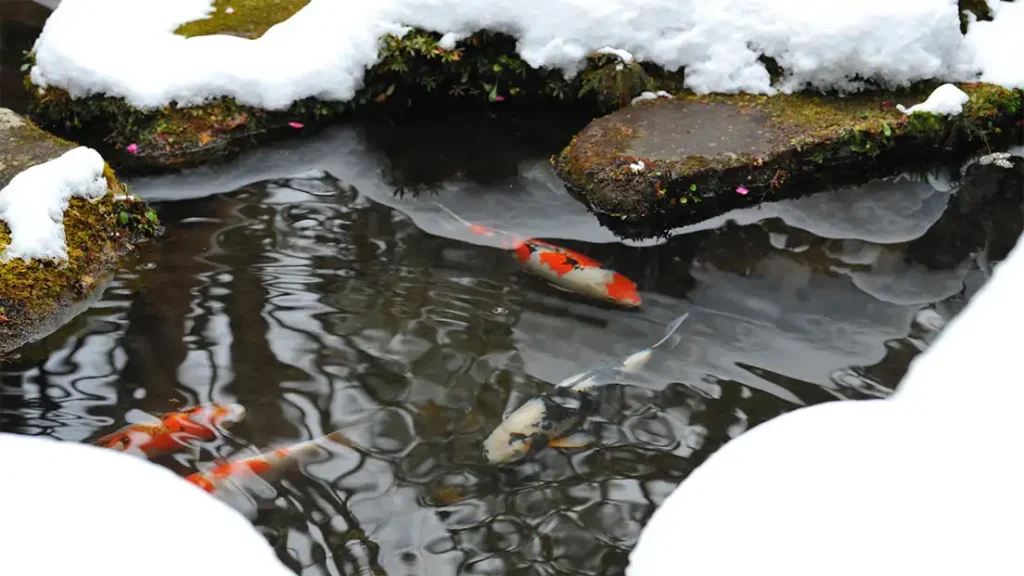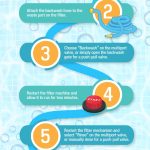During the colder months of the year, one of the biggest concerns for koi pond owners is ensuring that their pond does not freeze over. Freezing temperatures can be detrimental to the health and well-being of your koi fish, so it is crucial to take the necessary steps to prevent your pond from freezing. In this article, we will discuss some effective methods to keep a koi pond from freezing during the winter.
1. Install a Pond Heater
One of the most efficient ways to prevent your koi pond from freezing is by installing a pond heater. Pond heaters are designed to maintain a consistent water temperature in your pond, even when the temperatures drop below freezing. These heaters come in various sizes and wattages, so make sure to choose one that is suitable for the size of your pond.
2. Use a De-Icer
Another effective method to keep your koi pond from freezing is by using a de-icer. De-icers are floating devices that are placed on the surface of the water to prevent ice from forming. They work by creating a small opening in the ice, allowing gases to escape and oxygen to enter the water. This is essential for the health of your koi fish during the winter months.
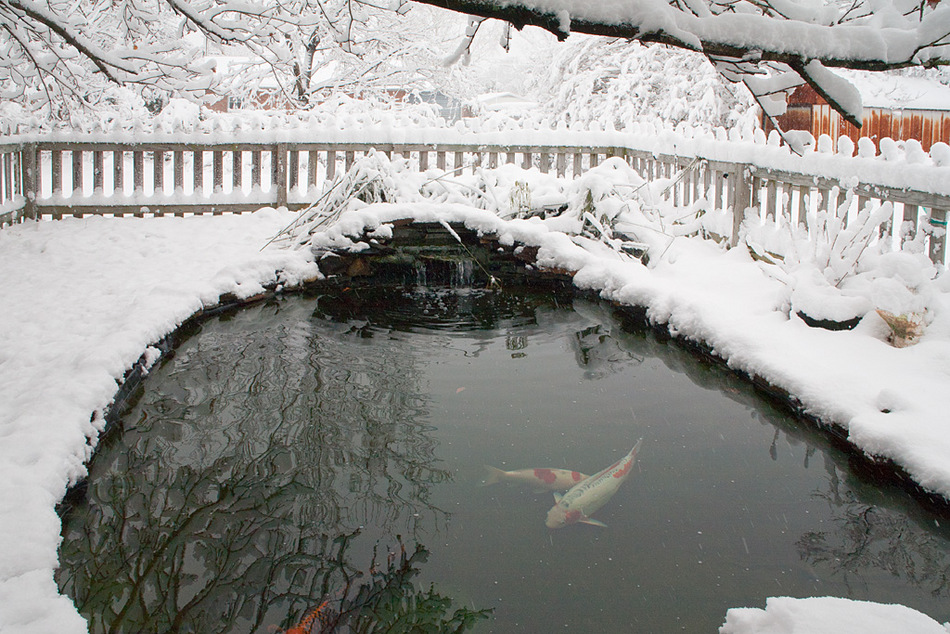
Credit: nextdaykoi.com
3. Install a Pond Aerator
A pond aerator is another great tool to prevent your koi pond from freezing. A pond aerator helps to keep the water circulating, which can help prevent ice from forming on the surface of the pond. By maintaining water movement, a pond aerator can also help oxygenate the water, which is crucial for the health of your koi fish.
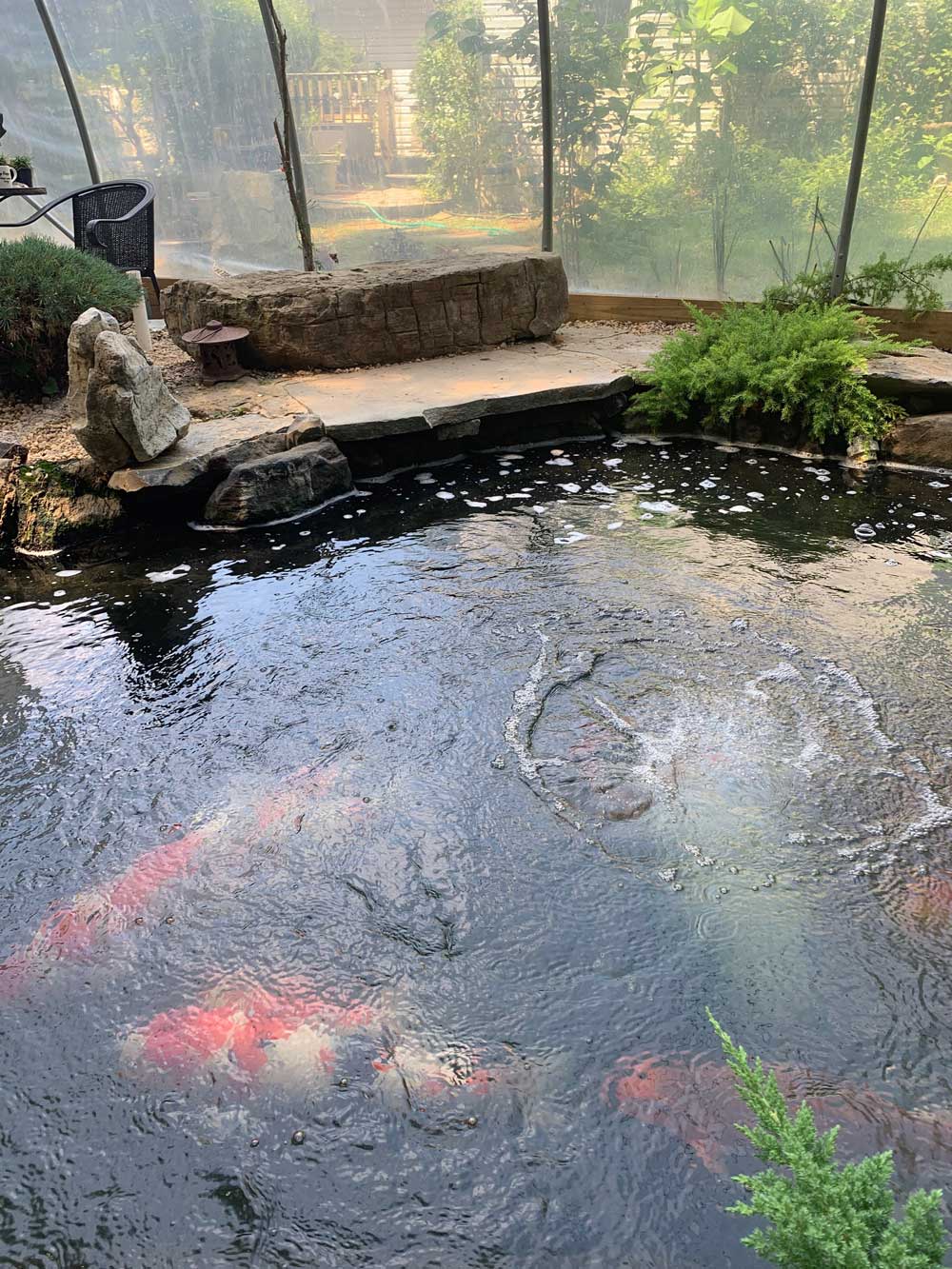
Credit: www.kodamakoifarm.com
4. Use a Pond Cover
During the winter, covering your koi pond with a pond cover can help insulate the water and prevent it from freezing. A pond cover can also help protect your koi fish from predators and keep leaves and debris out of the water. Make sure to choose a cover that is designed specifically for ponds and is breathable to allow for gas exchange.
5. Add a Floating Thermometer
Monitoring the water temperature in your koi pond is essential during the winter months. By adding a floating thermometer to your pond, you can easily keep track of the water temperature and make adjustments as needed. Ideally, the water temperature in a koi pond should be kept above 39 degrees Fahrenheit to ensure the health of your fish.
6. Keep the Water Moving
One of the simplest ways to prevent your koi pond from freezing is by keeping the water moving. If you do not have a pond aerator, you can use a fountain or waterfall to create movement in the water. Moving water is less likely to freeze, so this can be an effective way to help protect your pond during the winter.
7. Check Water Levels Regularly
During the winter months, it is important to regularly check the water levels in your koi pond. Evaporation can cause the water levels to drop, which can make it easier for the pond to freeze over. Make sure to top up the water levels as needed to help prevent freezing and ensure the health of your koi fish.
8. Avoid Feeding Your Koi Fish
During the colder months, it is best to avoid feeding your koi fish when the water temperature drops below 50 degrees Fahrenheit. Feeding your fish in cold water can lead to digestion issues and potentially harm your fish. Instead, focus on providing your koi fish with a high-quality diet during the warmer months and reduce feeding during the winter.
9. Provide Shelter for Your Koi Fish
Creating shelter for your koi fish can also help protect them during the winter months. You can add shelters such as caves or plants in the pond to provide your fish with a place to hide and stay warm. These shelters can also protect your fish from predators and offer them a safe space during the colder months.
10. Monitor Water Quality
Lastly, it is crucial to monitor the water quality in your koi pond during the winter. Cold temperatures can affect the water parameters, so make sure to regularly test the water for ammonia, nitrites, and pH levels. Keeping the water quality in check can help ensure the health and well-being of your koi fish during the winter months.
By following these tips and methods, you can effectively prevent your koi pond from freezing during the winter months and ensure the health of your beloved koi fish. Remember to take proactive measures to protect your pond and fish from the cold temperatures, and enjoy a thriving and beautiful pond all year round!


